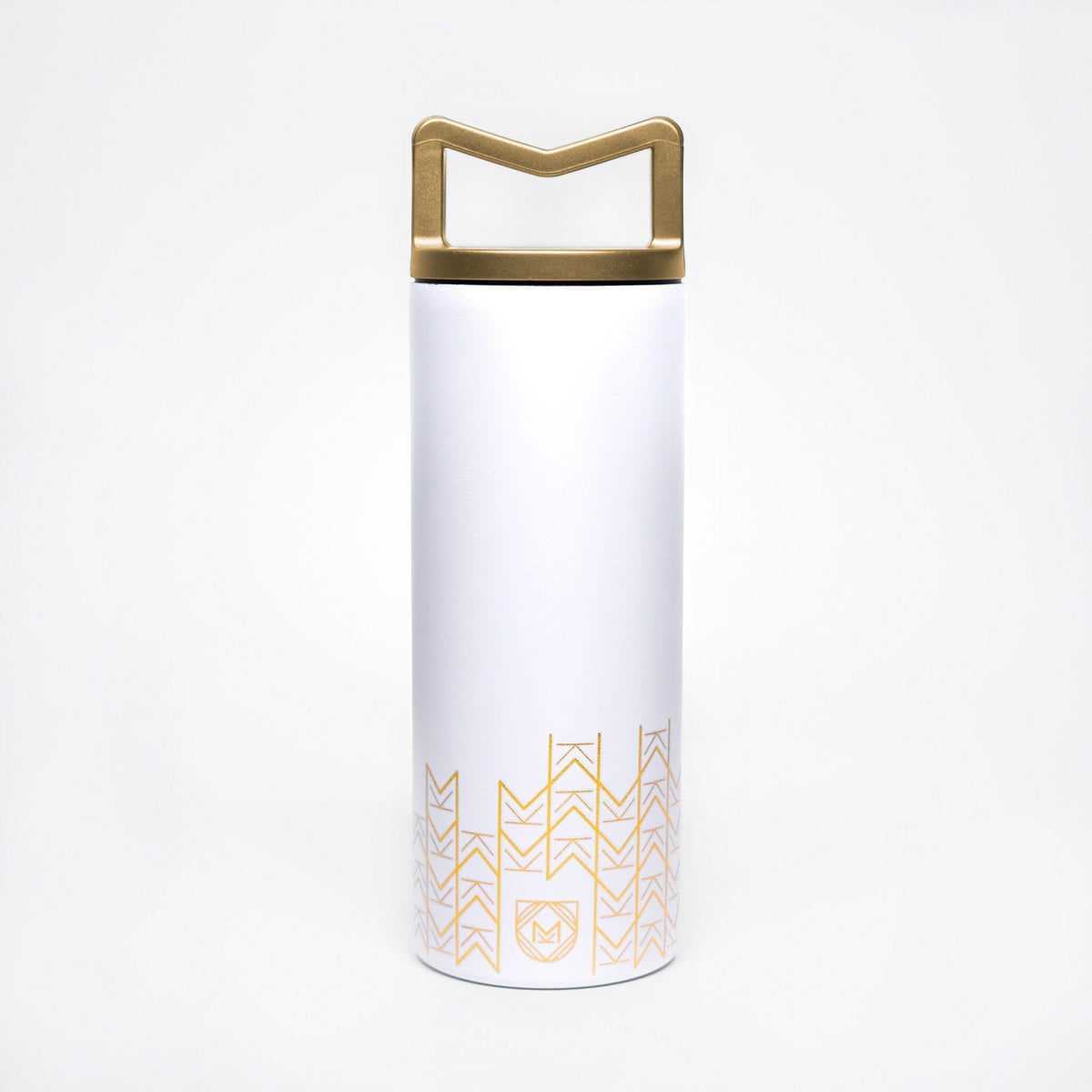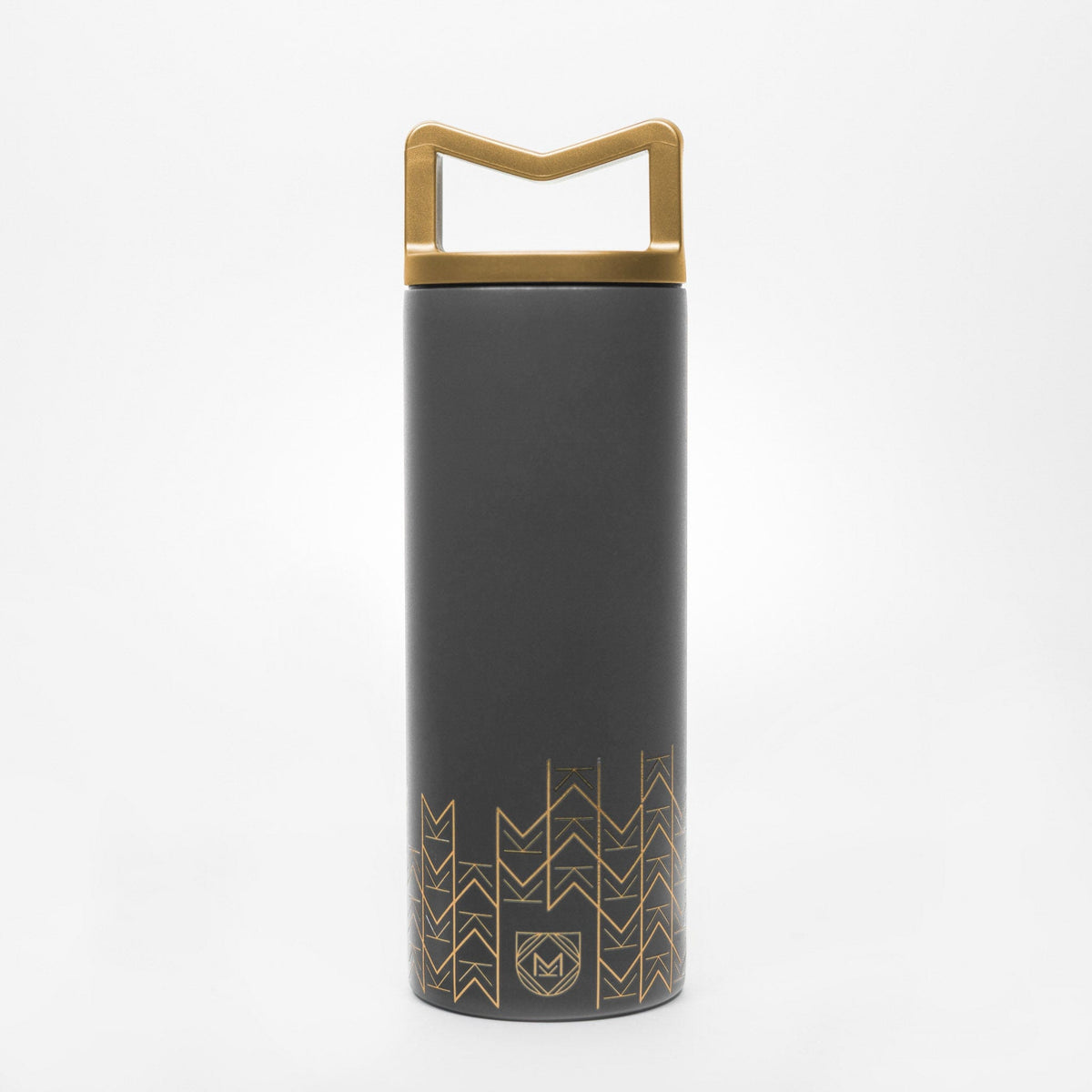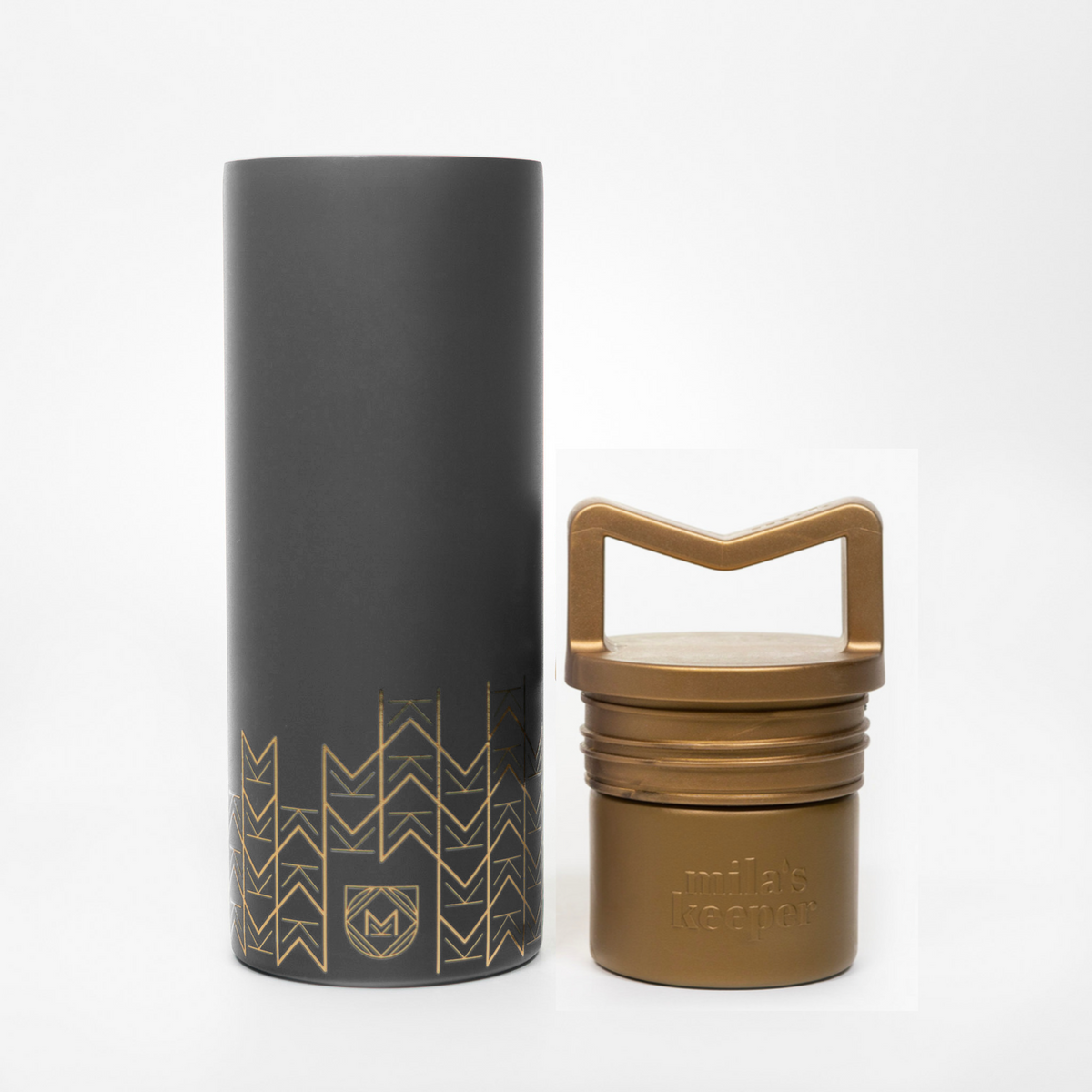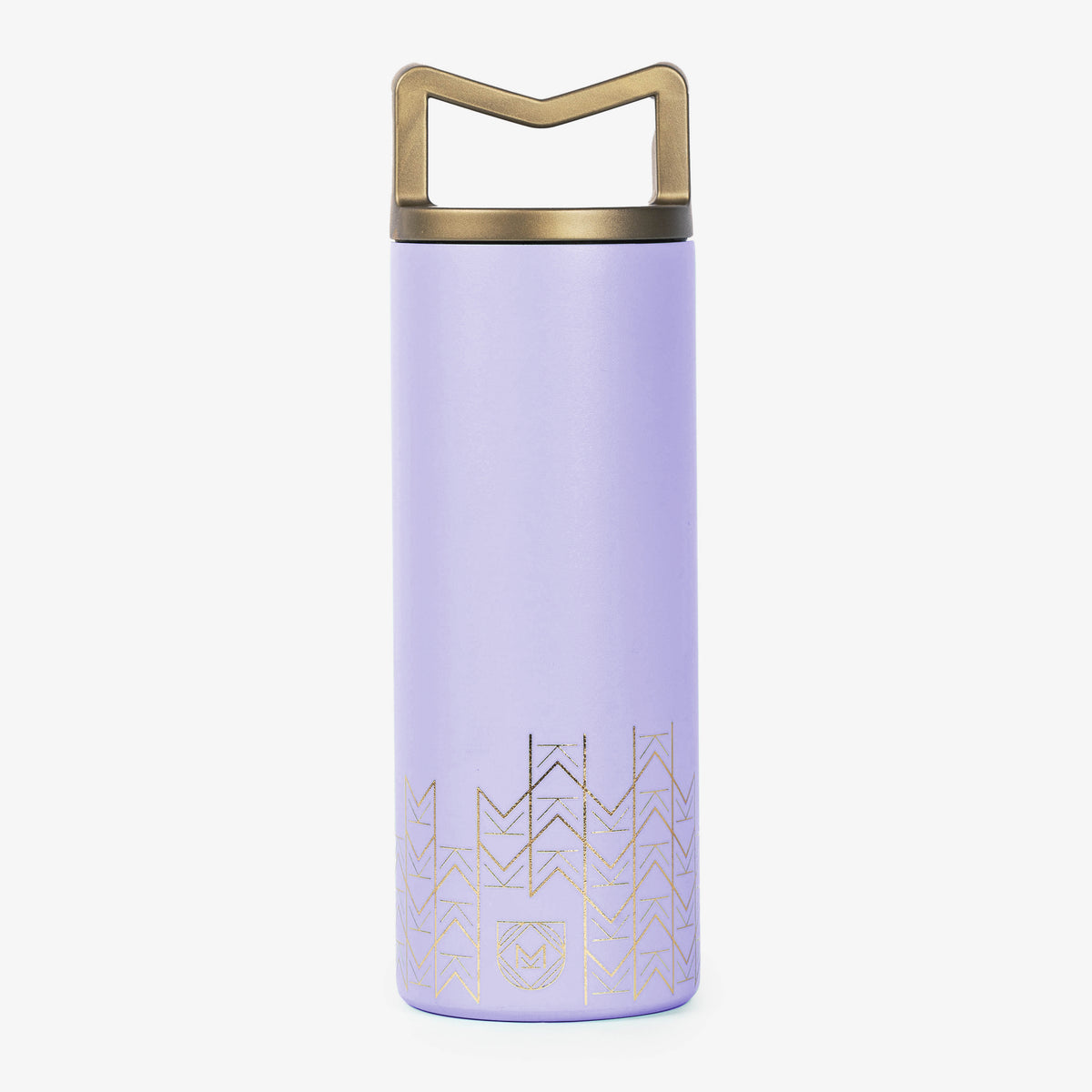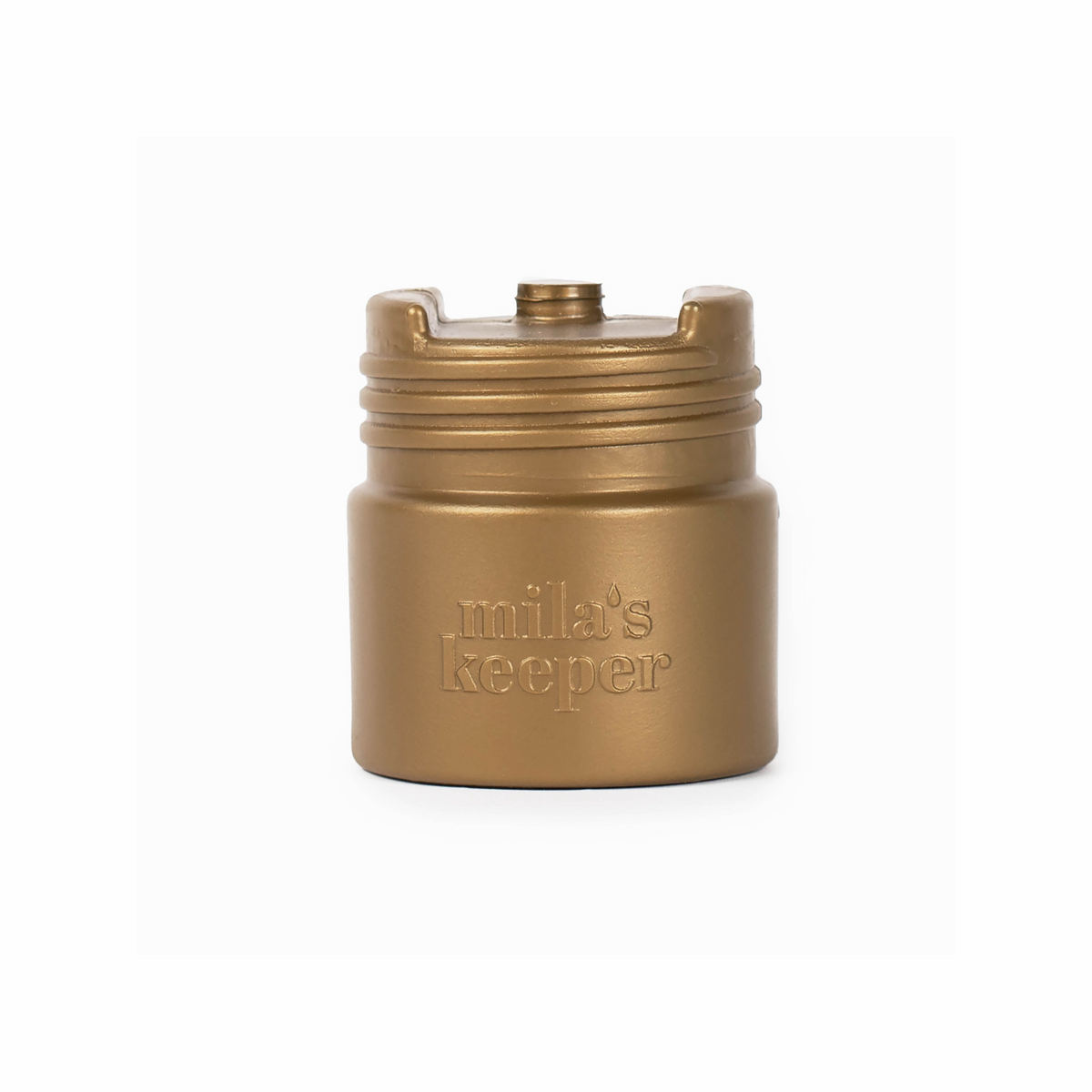Breastfeeding is a natural and healthy way to feed your child that can be a beautiful and rewarding experience for both mother and baby. However, it can also come with challenges and difficulties that can make it a stressful and frustrating experience at times.
This is where a lactation consultant comes in. Lactation consultants have the necessary knowledge, training, and experience to help new mothers navigate the challenges and difficulties associated with breastfeeding. They’re trained professionals who are experts in breastfeeding and can provide invaluable support and guidance to new mothers to help them breastfeed successfully.
Breastfeeding is more of a learned skill than many people realize, so consulting with a lactation consultant can be beneficial for mothers who are experiencing diverse problems with breastfeeding.
Here, we’ve put together a list of 9 reasons why you should speak with a lactation consultant and how they can be of help.
They can help prepare for breastfeeding
You don’t have to wait until you’ve given birth to visit a lactation consultant. If you’re pregnant, a visit with a consultant is a great way to help you prepare for breastfeeding. They’ll provide you with tips on breastfeeding positions, how to properly latch your baby, and how to prepare for breastfeeding in the first few days after giving birth.
Studies have shown that working with a lactation consultant can significantly improve breastfeeding outcomes. Mothers who receive support from lactation consultants are more likely to breastfeed for longer periods and are less likely to experience breastfeeding-related problems such as nipple pain or low milk supply.
A lactation consultant can provide education and support to help new mamas understand the benefits of breastfeeding and how to establish a healthy breastfeeding relationship with their baby, leading to better health outcomes for both mama and baby.
They can also provide guidance on how to overcome any challenges or difficulties that may arise during the breastfeeding process, helping new mamas set up a plan of action before they encounter any hardships.
If you do have issues that come up while breastfeeding, having a lactation consultant already on hand would be hugely helpful so that you don't have to scramble to find someone after problems arise.

Low milk supply
It’s not uncommon for new mamas to worry that they’re not producing enough milk. In fact, according to some lactation consultants, it’s one of the top reasons their services are sought out.
Low milk supply can be frustrating and discouraging and can lead to feelings of inadequacy and failure, and even early weaning. A lactation consultant will likely first try to determine whether or not it actually is a case of low milk supply.
The most reliable way of doing this is by weighing the baby. While it’s normal for babies to lose some weight in the first few days, they should steadily gain weight after the mother’s milk comes in. Consultants might also weigh the baby before and after a breastfeeding session to tell how much breast milk the baby is consuming during sessions.
They can also assess the mom and baby’s breastfeeding technique and frequency to determine if there are any underlying issues that may be contributing to the low milk supply. If there is a low breast milk supply issue, consultants can provide mamas with practical techniques and strategies to increase their milk supply.
One such recommendation might be to increase the frequency of nursing to help stimulate milk production. Or to pump after nursing or between feedings to help increase milk supply by removing any residual milk. They might also suggest lactation supplements such as certain herbs like fenugreek or fennel.
Overall, a lactation consultant can provide valuable support and guidance to breastfeeding mamas with low milk supply. By addressing the root cause of the problem, providing practical strategies, and offering emotional support, a lactation consultant can help mothers overcome this challenge and achieve successful breastfeeding.
Painful nursing
Breastfeeding is a natural and essential process that provides numerous benefits to both the mother and the baby. However, it can initially be an uncomfortable experience, particularly in the early weeks, causing discomfort, soreness, and even pain for some new mamas.
If you’re experiencing pain while nursing, it could be a sign of an underlying issue that needs to be addressed. Something like nipple soreness isn’t something that should just be tolerated, it should be investigated. A lactation consultant can help you determine the cause of the pain and provide solutions to alleviate it.

Correct positioning and latch
While breastfeeding is a natural process, it isn’t always intuitive. Both a new mother and baby need to learn how to latch correctly, and it can take time and practice to get it right. The correct positioning and latch are essential for successful breastfeeding.
Getting a good latch can be tricky, and one of the most common challenges that new mamas face is getting their baby to latch correctly. A lactation consultant can show you how to hold your baby and position them for optimal breastfeeding, as well as help achieve a proper latch. This can help prevent nipple pain and damage and ensure your baby is getting enough milk.
One of the great things about lactation consultants is that it’s a personalized experience, it’s tailored to you and your baby’s specific needs. It’s one thing to read about advice or to get it from friends, but it’s another to have someone there in person to help you. A subtle movement of the baby’s head or a maneuver of the jaw before the baby latches can be the difference between a good latch and a bad one, and having someone there to show you can be a huge help.
It’s important to note that even if you’ve breastfed before, your second baby might have a different latch than the first, and if you didn’t have an issue the first time around, you may not know how to correct one that comes up. So lactation consultants aren’t just for first-time moms, they can be useful to anyone on a breastfeeding journey.
Engorged or plugged ducts
Engorgement is a condition where your breasts become swollen and painful due to an excess of milk. It’s a common problem in the early weeks of breastfeeding, and it can be incredibly uncomfortable. If you’re experiencing engorgement or plugged ducts, a lactation consultant can help you learn techniques to relieve the discomfort and prevent further issues.
Another common issue breastfeeding mamas have is mastitis. Mastitis is the narrowing of milk ducts caused by an imbalance of the breast microbiome, which in turn creates a blockage within the milk duct as the milk is unable to flow through the narrowed passage.
Mastitis can cause breast pain and tenderness, swelling, redness, a lump or hard area on the breast, fever, chills, and nipple discharge. A lactation consultant can walk you through treatment options for engorgement and mastitis, and advise you on when medical intervention should be considered.
Difficulties due to baby’s health
Some babies have health issues that make breastfeeding more challenging. For example, babies born prematurely may have difficulty latching or sucking, and due to being separated from their mothers for periods, it may be difficult to establish breastfeeding.
Lactation consultants and healthcare providers can work with mamas of preemies to develop a feeding plan that takes into account the baby’s unique needs and challenges, and provide guidance and support to help establish and maintain breastfeeding.
Lactation consultants can also help navigate other medical issues that could be affecting your ability to breastfeed, such as tongue-tie. Tongue-tie is a condition where the lingual frenulum (the tissue that connects the tongue to the floor of the mouth) is too tight, making it difficult for the baby to move their tongue properly during breastfeeding.
If a lactation consultant suspects that a baby has tongue-tie, they may recommend that the mother seek an evaluation by a pediatrician, ENT, or oral surgeon, who can diagnose and treat the condition.
Depending on the severity of the tongue-tie, the healthcare provider may recommend a frenotomy, which is a procedure where the lingual frenulum is clipped or cut to release the tongue. The procedure is usually quick, safe, and relatively painless, and can significantly improve breastfeeding for both mother and baby.
After the procedure, a lactation consultant can work with the mama to ensure that the baby is latching and breastfeeding properly. They may recommend different breastfeeding techniques, or tools such as nipple shields, to help the baby learn to latch and feed effectively.

Assist with pumping and storing milk
If you plan on returning to work or need to be away from your baby for an extended period, you may need to pump milk to maintain your breast milk supply. Pumping can be a little tricky in the beginning, and it’s not unusual for some mamas to struggle to get a hold of it. A lactation consultant can show you how to use your breast pump correctly and provide you with tips for maximizing your milk output and establishing a pumping routine.
They can also troubleshoot common pumping problems, like pain during pumping, or difficulties with the pump itself. If you visit a lactation consultant before you give birth, they can also give you some guidance on the various types of pumps available and can help you select the best pump (and breast milk storage containers) for your needs.
A lactation consultant can also provide guidance on storing and thawing breast milk- a critical aspect of pumping! They can advise mamas on how long breast milk can be safely stored at room temperature, in the refrigerator, or in the freezer, and how to properly thaw frozen breast milk. They can also go over how to safely transport breast milk if the mama is going to be away from her baby and pumping.
Help with emotional or psychological difficulties from breastfeeding
Breastfeeding is a complex and emotional experience for some mamas and can be influenced by many factors, including the nursing mother’s physical health, the baby’s temperament and feeding habits, and the mother’s personal and cultural beliefs about breastfeeding.
A lactation consultant can provide emotional support and guidance to mothers who may be struggling with feelings of frustration, anxiety, guilt, or sadness related to breastfeeding. They’ll listen to concerns and provide practical advice and resources to help overcome any issues.
Ongoing support
A lactation consultant can provide ongoing support and encouragement as you navigate the challenges of breastfeeding. While it might not always be easy, it will always be worth it to breastfeed for as long as you and your baby can.
We all know that breastfeeding provides numerous benefits to both mamas and babies. Breast milk is the perfect nutrition for infants, providing all the necessary nutrients and antibodies needed for optimal growth and development.
Breastfeeding also has numerous health benefits for mothers, including reducing the risk of certain types of cancer and promoting bonding between a mother and her baby. Having someone in your corner, championing you, and guiding you during your breastfeeding journey can make all the difference.

If you find yourself wondering how to get a lactation consultant, there are several options available:
Through a hospital or birthing center: If you delivered your baby in a hospital or birthing center, they may have a lactation consultant on staff or provide a list of lactation consultants in your area.
Through your healthcare provider: Your healthcare provider, such as your obstetrician or pediatrician, may have a lactation consultant on staff or be able to refer you to one.
Through a breastfeeding support group: Many communities have breastfeeding support groups that offer resources and support, including lactation consultants.
Through your insurance provider: Some insurance providers may cover the cost of lactation consultant services, so check with your insurance provider to see if this is an option for you.
You can also check the International Lactation Consultant Association to find a lactation consultant near you.
Keep Reading related blog: 6 Tips for Breast Milk Storage: How Long Can Breast Milk Sit Out?
--
A female-designed and female-run company, Mila's Keeper is on a mission to empower women to thrive during their breastfeeding journey by offering reusable, eco-friendly breast milk storage solutions for their day-to-day needs. Get the latest tips and info on Mila's Keeper products by following us on Facebook, Twitter, Instagram, Pinterest, and LinkedIn.













